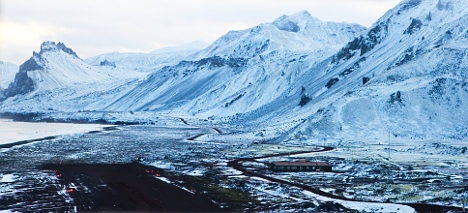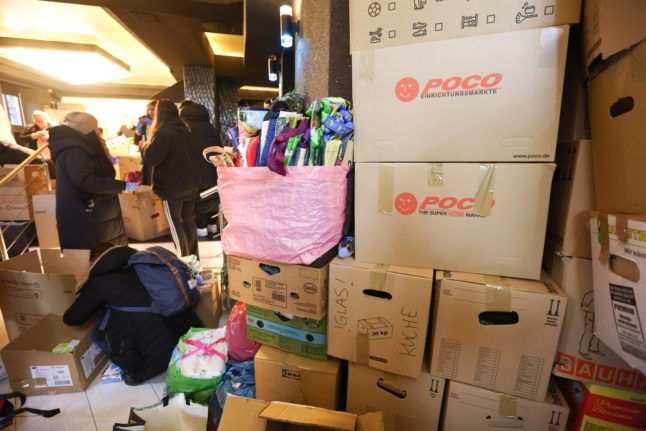The quake’s epicentre was located on the ocean floor some 100 kilometres west of the island, seismologist Conrad Lindholm at the Norsar research foundation told newspaper Aftenposten.
The earthquake hit at 3.43pm Norwegian time at a depth of 8.6 kilometres, according to data from US Geological Survey.
There were no reports of any injuries among the 44 people on the island, but staff at the Norwegian Meteorological Institute’s weather station said they had witnessed the effects of the tremor first hand.
”The walls were moving and objects jumped off the shelves,” station manager Thor Paul Gjelseth told NTB.
Gjelseth said the weather station had seldom experienced a quake as powerful.
"It was a very, very powerful quake," Svein Rabbevåg, station commander of the Norwegian Defence Logistics Organisation, told Aftenposten.
"We haven't registered any injuries among the 44 people who are on the island, but there has been some material damage and there have been a few rock slides," he said.
A volcanic island, Jan Mayen sits in the Arctic Sea some 500 kilometres east of Greenland.



 Please whitelist us to continue reading.
Please whitelist us to continue reading.
Member comments